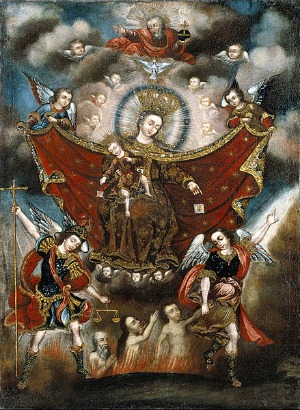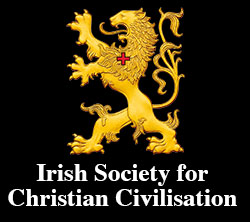
The “Commemoration of All the Faithful Departed” is founded upon the Catholic Church’s doctrine that those faithful who have not been cleansed from the temporal punishment due to sin and from their attachment to sin cannot enjoy the Beatific Vision in heaven immediately upon their death and that they may be assisted by the prayers, almsgiving, and sacrifices of the living.
This duty of charity observed by the people of God in the Old Testament was continued by the Church in the New Testament. Over time, it found expression not only in the public and private prayers of the faithful and in their cultural and religious traditions, but particularly in the singing of the Office for the Dead and in the offering of the Holy Sacrifice of the Mass for the “Poor Souls in Purgatory”.
In the eleventh century, the tradition established by St Odilo of Cluny for the monasteries of his order, spread to other religious congregations and thence to the universal Church. Thus, the many different regional dates for commemorating the dead that had arisen throughout the Church gave way to the universal observance of “All Souls’ Day” on November 2.
The Church grants many indulgences to the prayers and devout practices of the faithful on this feast day and during the entire month of November when they are offered for the relief and the release of the Holy Souls.





